Words that can build yet also destroy.
Author: Lynda Benigno
Words have potency, the potential to build a child up or tear them down, motivate or destroy. Your tone is just as important as the words you use. Infants understand facial expressions and tone before language develops. By the age of two, they are responding to verbal communication. As a child begins to get older, the language used by parents and caregivers have a stronger impact on social development, cognitive skills, and emotional development. Words are just words you might say, but science tells us differently.
All humans have the desire to be understood, accepted, seen and heard. We seek unconditional love, the room to make mistakes without condemnation, and an environment where we can be expressive. Children are no exception. If you are a parent, think back and count how many times you have told your child to think before they speak. Now ask yourself if you are holding yourself to the same standard.
Children who grow up in homes with degrading and accusatory language, hypercritical and shaming words, frequent comparisons to other children and veiled threats grow up feeling inadequate. The child, ever mindful they are watched from a critical lens can experience a drop in self-esteem, depression, guilt, anxiety, and an inability to manage negative emotions. They may feel self-hatred, become withdrawn or combative, engage in self-harm or turn to alcohol or drugs as a coping mechanism. What we know from research is the brain of a child who grows up in a safe, responsive and supportive environment develops normally. In a hostile and unsupportive environment, grey matter of the brain undergoes literal structural changes affecting the hippo campus ( emotion regulation), the frontal cortex ( decision making) and the corpus callosum ( sensory, motor and cognitive superhighway between the brains two hemispheres). It is indeed a form of abuse.
As parents and caregivers, we have an obligation to self-reflect. It is imperative we work through our past traumas and baggage, so we do not pass our wounds to future generations.
What words will you choose for your children's tiny ears today? Choose wisely, for they will shape who they become.
If you know a child who is being abused, please contact the Childhelp National Child Abuse Hotline at 1-800-422-4453
The opinions expressed in this article are of the author and not intended to diagnose, treat or cure any mental or physical condition. If you are struggling, please contact your healthcare provider, the National Suicide Prevention Hotline at 1-800-273-8255 or the Stepping Stone Community Services at 330-577-6656.

